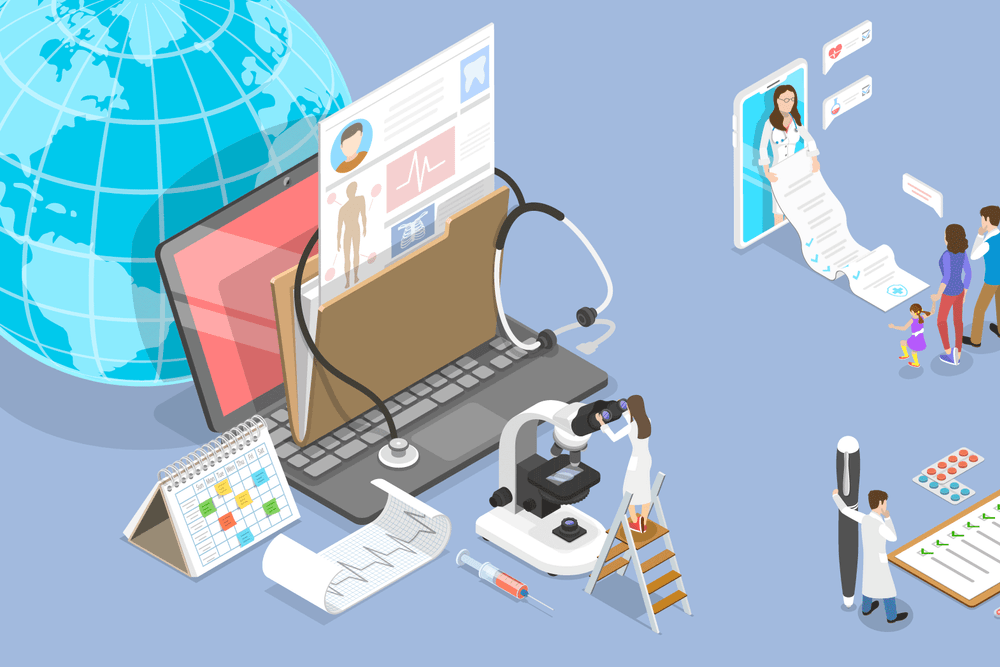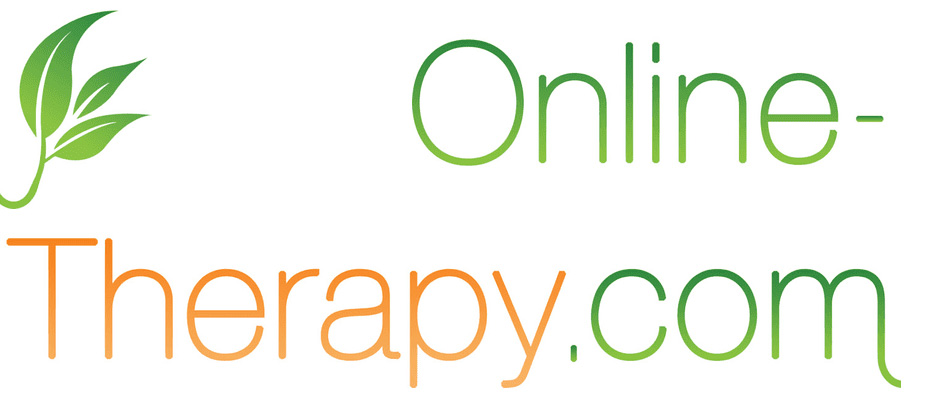Electronic health records (EHR) are part and parcel of basicpractice management for any private clinic worth talking about. No matter howgood your clinical skills might be, you’re always going to need a safe andsecure place to store your patient information. This article examines some ofthe ways in which a well-organised EHR module within your practice managementsoftware can help you to run your clinic better and provide the best possiblecare for your patients.
Bring Yourself Back to Medicine
The improper implementation of EHR systems has in the pastmerely created data entry robots out of highly skilled clinical practitioners.This simply should not be the case. There is no real reason you as a clinicianshould bear this administrative burden, drowning in paperwork, when you shouldbe out there practising medicine.
Handling patient information by yourself without the support of a quality EHR causes you to:
- Get tired more quickly and experience fatigue
- Become distracted, letting the doctor-patient relationship suffer
- Create extra work for yourself when there need not be any
With the right choice of EHR software, you can usetechnology to your advantage. The real purpose of an electronic health recordis to organise information in a way that:
- Improves clinical decision-making
- Helps format documents to permit minimal manual data entry
- Collects medical history, forms, lab results all in one place
EHR Software Can Combat Clinician Burnout
EHR software is meant to organise your patient informationin a way that allows you to unburden your mind and focus on being a clinicianrather than a bureaucrat. Relying on paper notes or even digitised notes whenorganised poorly means that you end up suffering from stress more, not less.Since clinician burnout has been well recognised over the past few years asplaying a major role in patient safety, it’s definitely worth your while tolook into getting a better EHR.
It has been known for decades that a career in healthcare isno easy path to walk down. However, the sacrifices made to pursue such a careershould not extend to actually burning out and being unable to effectivelycontinue your work. In some areas, clinician burnout is even being described asa public health crisis as doctors retire early and fewer of their juniors areleft wanting to take up their mantle.
We have to actively look into ways of reducing the pressureplaced on healthcare workers of all backgrounds and remove obstacles such asexcessive paperwork and other causes of cognitive overload.
In order to reduce clinician burnout and boost patient carequality by implementing EHR systems, we need to look at the following:
- Simplify existing workflows
- Never again settle for “toughing it out”
- Examine how digitisation and automation can help
- Choose an EHR that makes logical sense
- Use current practices to inform future changes
- Make sure changes are human-centric
- Focus on building a healthcare ecosystem with an EHR as its core


